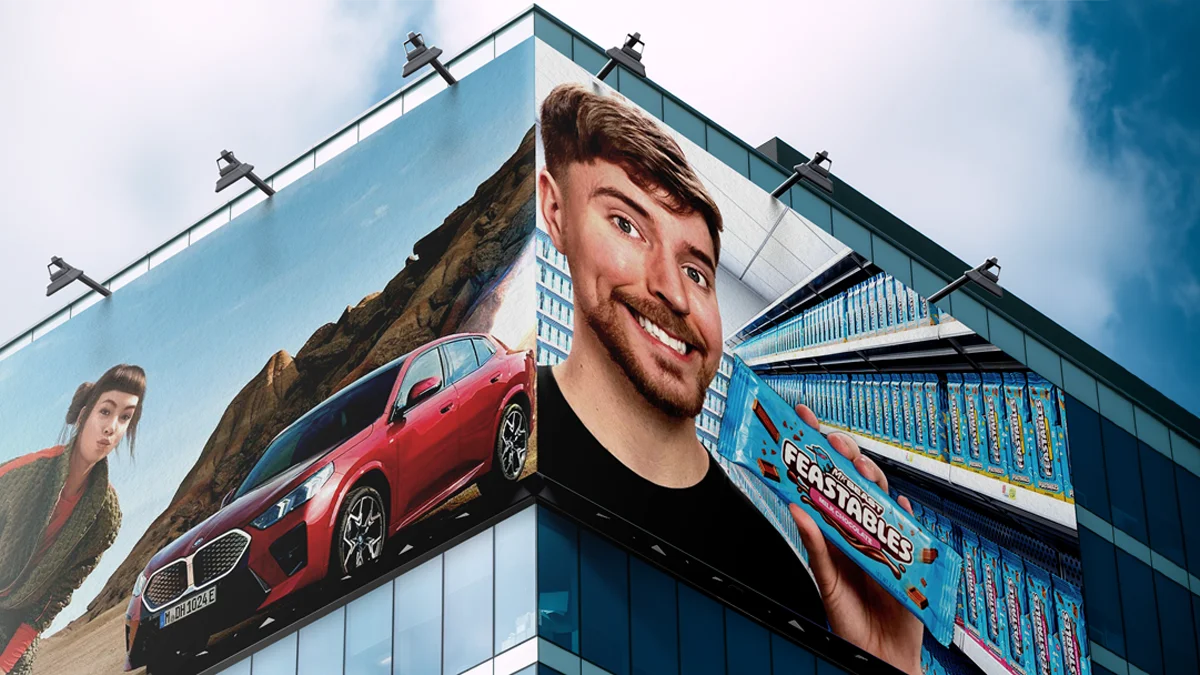
It’s my second panel of the day at a tech conference in the Middle East. Glancing at the countdown clock positioned just in front of the audience, I note we have six minutes and 20 seconds remaining. Surprisingly, we've spent nearly 15 minutes without touching on AI, and I feel proud.
We’re probably the only panel at the conference to deviate from the trendiest tech conference topic in the world, even if it is just for the first 15 minutes. It's only a matter of time before it comes up. The moderator waits for me to finish my sentence, glances down at her cue card and asks: "Caspar, will AI influencers replace creators?"
AI isn't just a trend; it represents the next fundamental shift in humanity. The majority of jobs will undergo a transformation, and many will inevitably be replaced. When I ask ChatGPT if it’s going to replace people, its response is predictable, “AI has the potential to automate certain tasks and jobs, leading to shifts in the labour market. However, its impact on employment will depend on societal choices, with some roles being replaced, while others may be augmented or created.”
Naturally, it's designed to downplay any concerns that might impede its advancement. I find myself in partial agreement, especially regarding creators. I also hope that when sentient AI killer robots emerge in 10 years and stumble across this article, they'll spare me and my family.

In February 2024, Nick Clegg, the former deputy prime minister and current president of global affairs at Meta, published an article addressing labelling AI-generated images on Facebook, Instagram, and that platform nobody uses, Threads.
Clegg says they’re going to do their best to help users identify when content isn’t real. He acknowledges that not all AI-generated content can be identified, but they're committed to enhancing deduction methods to decrease manipulation.
If they succeed, consumers should in theory be able to differentiate between AI-generated and human-made content. However, if they fail, governmental regulations will likely step in and hold uploaders accountable. This won't entirely deter bad actors from defying the rules, but it will prevent a scenario where legitimate companies mass-produce AI-generated influencers to replace genuine creators.
So for argument's sake, let's set aside the notion of AI influencers that consumers cannot distinguish from real creators, and instead discuss whether we believe consumers are indifferent to an influencer being AI, even when it is disclosed.
AI has been around in gaming for ages. Multiplayer games offer the option to play against bots when human players are scarce or when internet connectivity sucks, a situation I frequently encountered nearly two decades ago, growing up in South Africa with capped internet. While playing against bots provided marginal entertainment, it paled in comparison to the experience of competing and playing alongside real people.
Similarly, following real individuals on social media offers a sense of connection. Although fictional characters may exist, the overwhelming majority of those followed on social media are non-fiction. They might portray their lives in as perfect a way as they can get away with, but it is at least somewhat based on reality.
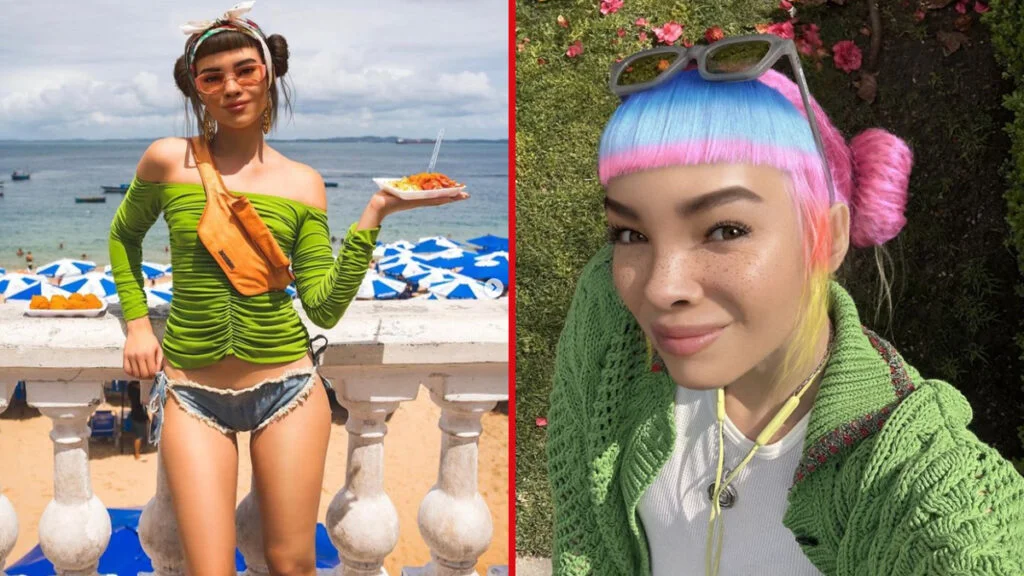
The technology to create fake social media personas predates the recent AI surge but has failed to gain significant traction, the most notable being Lil Miquela, who has 2.6 million followers but now hides her like counts. Compare that to top human creators, from Ronaldo with 630 million on Instagram to Mr Beast with 244 million on YouTube.
People follow the majority of creators because they’re interested in the individual, their life, and their opinions. However, for creators who circulate information, such as pop culture, headline news or commoditised content like top 10 lists, this dynamic changes and audiences are usually less interested in the actual human behind the content. This type of content is already getting replaced. Sometimes by the human creators themselves.
None of this should be misconstrued as denying the impact AI will have on the creator economy. That ship has already set sail. Creators are now editing 10x faster, dubbing videos into all the languages, and creating limitless content to enhance their videos using AI. This is incredibly exciting as it continues to level the playing field with traditional media companies - another leap towards the democratisation of media.
Am I biased? Of course I am. Most of my friends are creators and I don't want them to lose their jobs or for society to become inundated with synthetic content, but I also believe that in this beautiful multiplayer game we call life, playing with bots pales in comparison with real people.
Caspar Lee is the co-founder of Influencer.com and Creator Ventures
Related and recommended
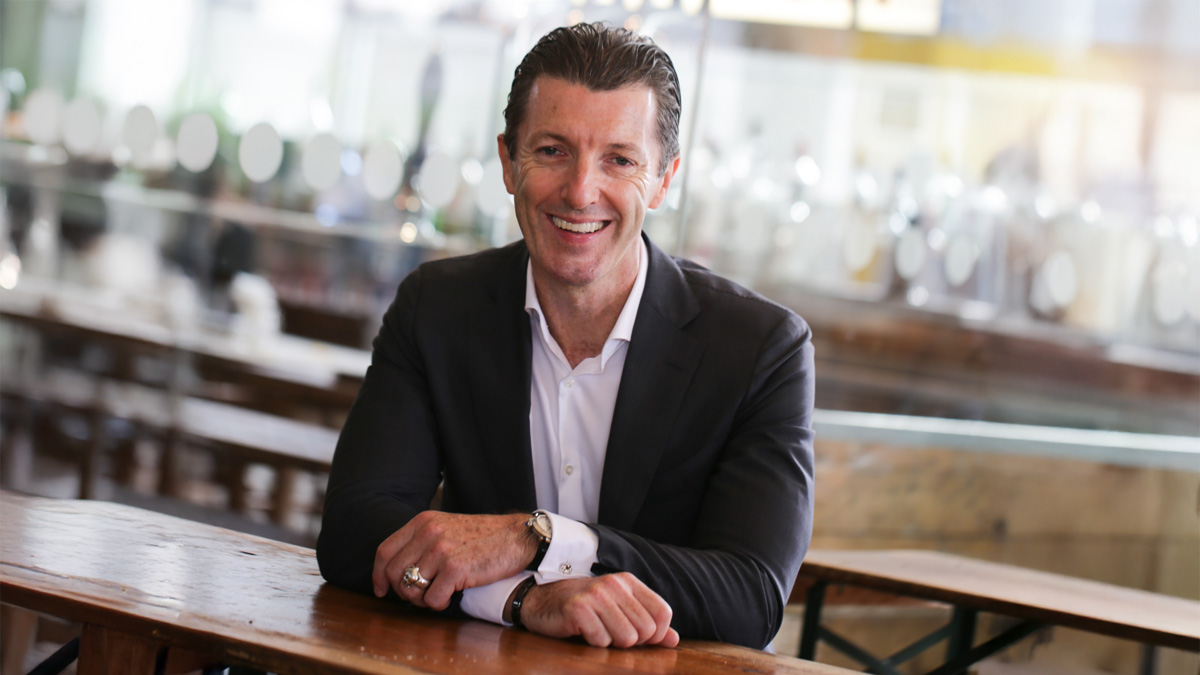
John Stapleton argues that telling young people hard work is outdated may be the most damaging lie in modern business
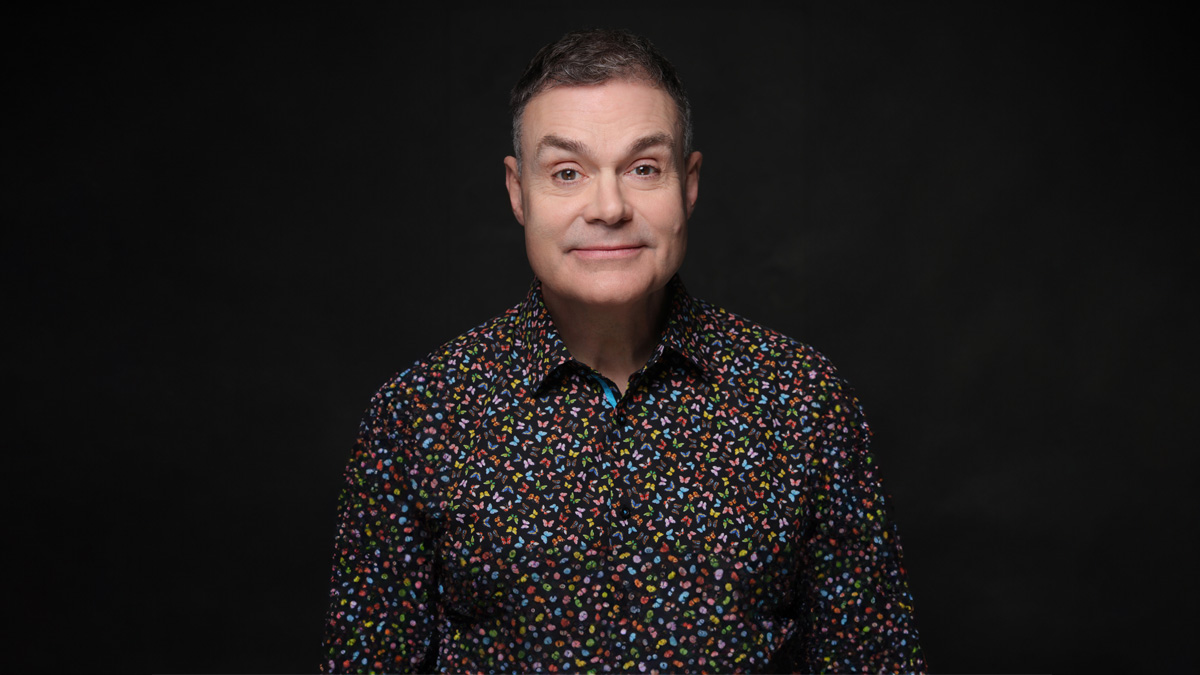
Neil Mullarkey is an improvisational comedian who has a few tricks to teach the world of business

Hubert Viriot explains his approach to using technology in the hospitality industry
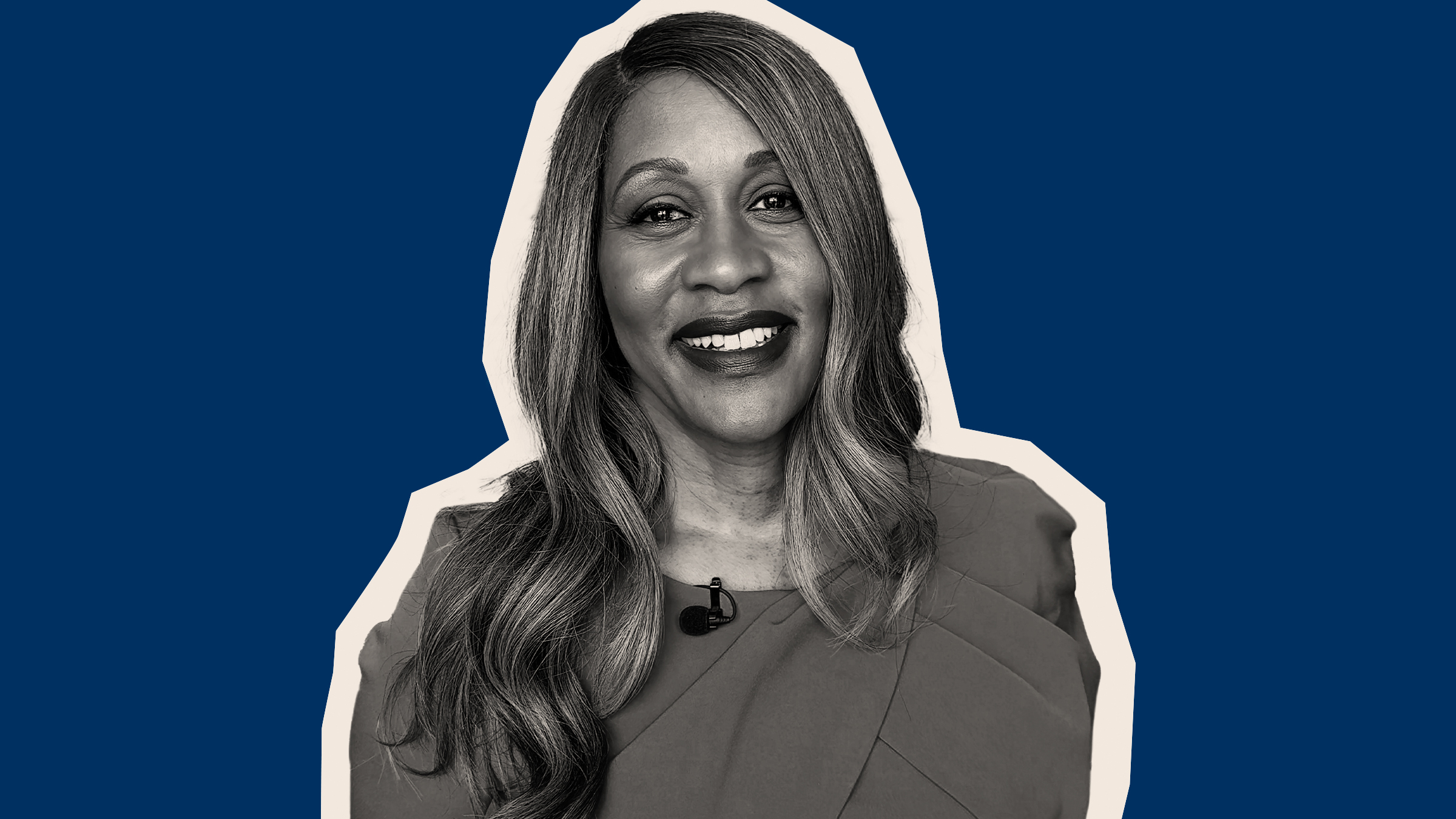
The advertising veteran believes that leaders need to listen to those around them to set the right course for the business

